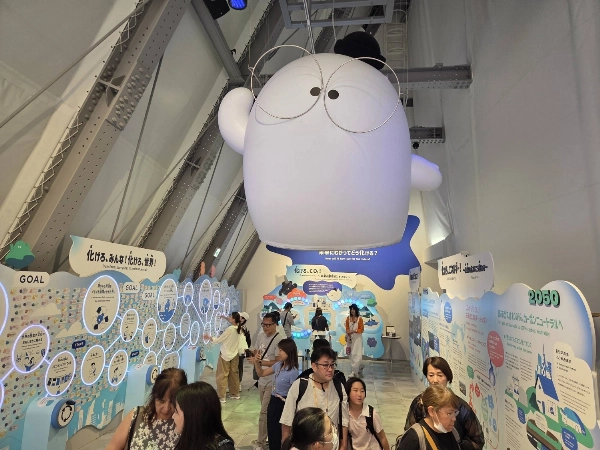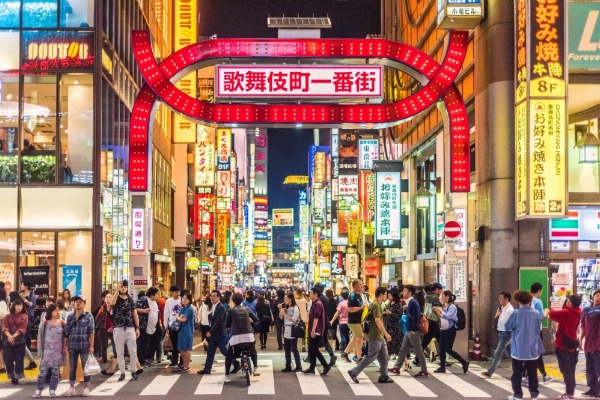People who are employed during election campaigns to rally support for candidates from campaign trucks equipped with loudspeakers have been known as uguisu-jō — meaning “bush warbler ladies” — because the task has typically been assigned to women with melodious voices.
In recent years, however, they have been increasingly referred to as shajō-undōin (campaign staff on vehicles) due to gender considerations.
Some of the women engaged for the role say they had faced discrimination and harassment in the past — it's hard to see from the outside the conditions in which campaign teams operate — but they add that this is gradually changing.
Sexual harassment
A 59-year-old company worker from Sendai used to work as a shajо̄-undо̄in in and outside of Miyagi Prefecture for some 12 years from 1998.
She was introduced to the job by a relative, after which she received job offers from others. She ended up working in 10 campaigns for municipal and prefectural assembly elections.
The woman recalled several humiliating incidents she had while working for the campaign team of an election candidate in the southern part of Miyagi Prefecture.
She was sitting in a car with the candidate — a man as old as her father, she said — on their way back to the campaign office after campaigning on the street when he suddenly said, “You should tone yourself up a bit, such as this part,” and touched her buttocks.
On another occasion, he called her ugly and said, “You are fat but flat-chested.”
She felt disgusted with his words and behavior, especially considering his campaign slogan was about empowering women.
The woman consulted a senior member of the campaign team about these incidents only to be told not to say anything that could spoil the team’s spirit.
“The male chauvinistic atmosphere was stronger then compared with now and other women had to bear with the situation as well,” she said.
Uguisu-san
Along with increasing awareness of gender equality in recent years, more attention is also being paid to harassment in politics.
The team behind a Lower House lawmaker in Miyagi Prefecture who was seeking reelection in the Oct. 27 general election refers to those who work on campaign vehicles with an honorific regardless of their gender, calling them uguisu-san.
A 50-year-old staffer who led the team’s street campaign activities said, “We are calling them that way to show respect for their skills of paying attention to the surroundings and making announcements accordingly.”
The team also recruits university students, both male and female, as interns to experience making public announcements.
More female lawmakers
Eriko Sato, a 50-year-old emcee in Sendai who has worked as a shajо̄-undо̄in for 20 years, said, “I feel more comfortable working in this role now compared with a decade ago.”
“The main reason is because the number of female lawmakers and secretaries is gradually increasing,” she said. “It is reassuring to have someone of the same gender at the center of the campaign team.”
Another campaign team in Miyagi Prefecture took a more gender-neutral approach to staff recruitment, with the expectation that men would make up roughly 30% of members.
“Voters expect politicians to have a higher sense of morality and ethics,” a staffer said. “Old-fashioned harassment must be wiped out.”




















With your current subscription plan you can comment on stories. However, before writing your first comment, please create a display name in the Profile section of your subscriber account page.